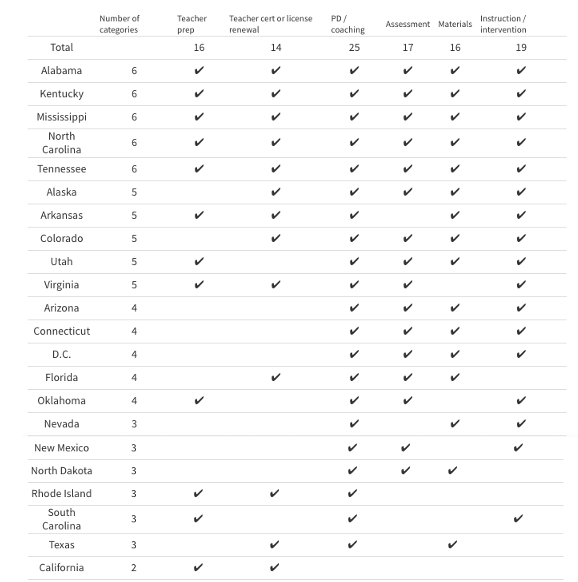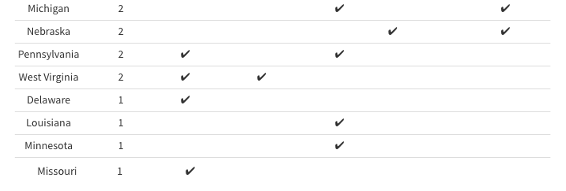Of states with ‘science of reading’ policies, Minnesota doing the least
Because all skills begin with the basics of reading, reading proficiency among our young learners matters. A lot. We know how to teach children to read, yet there are still examples of reading being taught the wrong way.
This has led to many states recently passing laws or implementing new policies focused on training teachers in the science of reading, having them demonstrate knowledge of how to teach reading using this framework, and helping them learn how to identify students for extra support, to name a few.
According to Education Week, the science of reading is a scientifically-based framework that ensures phonics instruction is taught in an explicit, systematic way.
In a science of reading framework, teachers start by teaching beginning readers the foundations of language in a structured progression—like how individual letters represent sounds, and how those sounds combine to make words. At the same time, teachers are helping students build their vocabulary and their knowledge about the world through read-alouds and conversations. Eventually, teachers help students weave these skills together like strands in a rope, allowing them to read more and more complex texts.
But most teachers in the United States, according to Education Week, say they were instead trained in balanced literacy — “a less structured approach that relies heavily on teacher choice and professional judgment.”
Students are generally “reading” short books of their choice very early on, even if they can’t sound out all the words. Teachers encourage kids to use multiple sources of information—including pictures and context clues—to guess at what the text might say.
This is not the most effective way to help students develop foundational reading skills, and as Mississippi saw students’ reading scores improve following its scientifically-based literacy focus, other states have followed suit.
Education Week tracked the 29 states plus Washington, D.C. that have state legislation or policy related to evidence-based reading instruction requirements, such as within teacher preparation programs, teacher certification or license renewal, professional development or coaching, assessment, materials and curricula that can be used to identify reading difficulties or measure reading progress, and instruction and/or intervention for struggling readers.
Minnesota’s science-based reading legislation covers only one of the above six categories — professional development opportunities. Minnesota needs to prioritize K-3 literacy, as nearly 46 percent of the state’s third-graders were not reading at grade level in 2019.
American Experiment will continue advocating for additional research-driven policy changes and legislation that ensure science-based literacy tools are used throughout the state.

